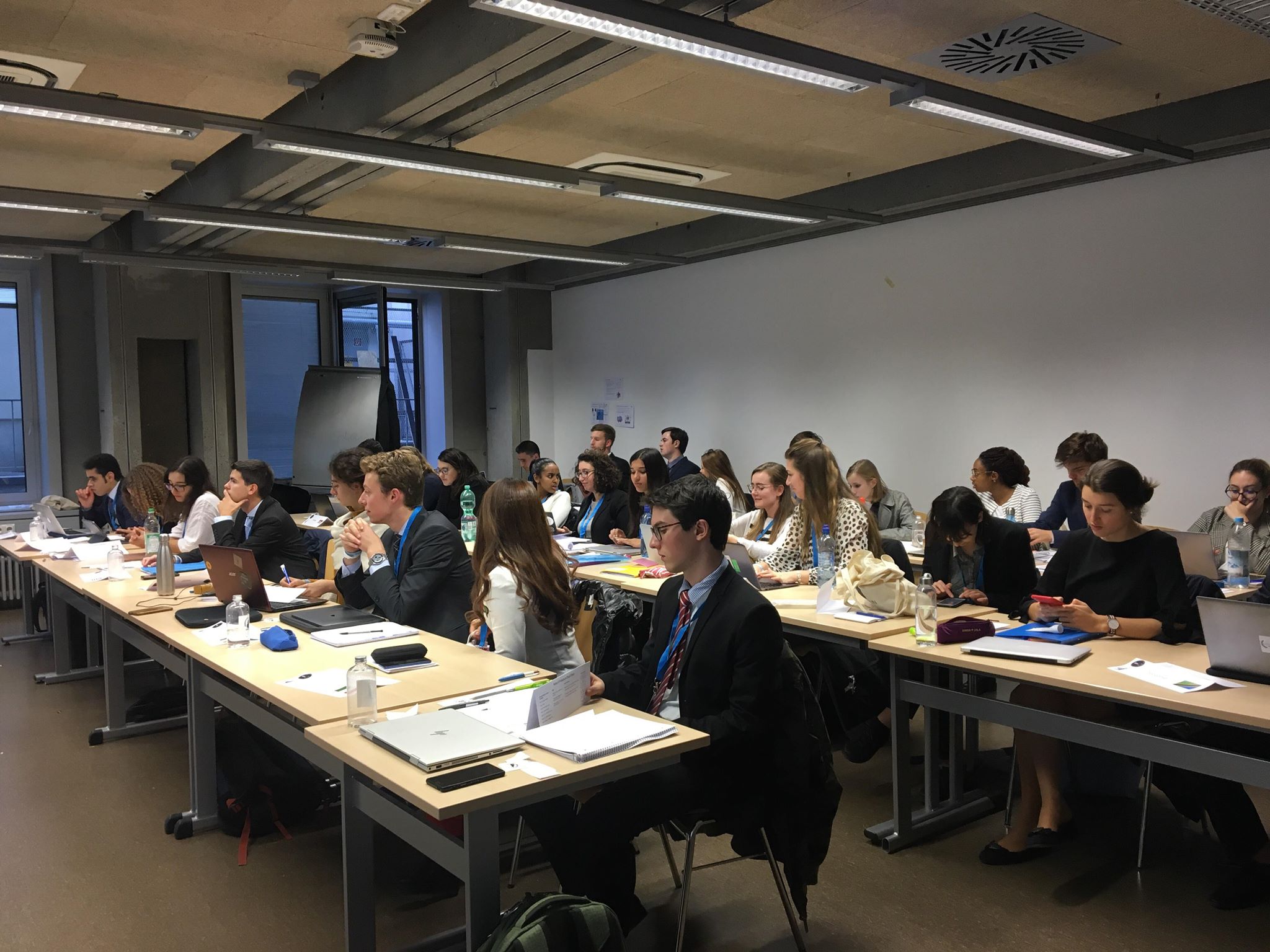Climate change and the concept of adaptation

During the ACP-EU Summit debate sessions, the delegates seemed to disagree about the precise definition of climate change adaptation, and particularly about the concept of “adaptation”, leading to oppositions and intense discussions between delegations.
According to the delegate of the Solomon Islands, the issue of climate change adaptation can be defined as the need to change key aspects of the countries’ activities in order to limit the damage of climate change. Indeed, she believes that the ultimate goal of dealing with this topic is to reduce carbon emissions and minimize the negative impact on the environment, for example by promoting sustainable tourism in countries where it is a large-scale sector.
The delegate of the Solomon Islands considers climate change adaptation as a wide topic with different aspects that especially involve Small Islands Developing States (SIDS), including Jamaica, Tuvalu, Tiribati and Solomon Islands. Indeed, for these countries, climate change adaptation is crucial: future generations depend on what the international community is doing right now and what it will do in the near future. Sea-level rise, one of the main consequences of climate change, is a direct threat to SIDS since it will surely be responsible for their disappearance. Therefore, the Committee had to take into account the vital dimension of the debate for these Islands, who also wanted to make their voices heard and show that “small countries” (are they are usually described) can influence traditional “big countries”.
“1.8 million people are displaced every year because of climate change. It is important to tackle the issue of migration because it’s a growing one”, the Delegate of Poland said. As the risk of disappearance will definitely have an impact on migrations, the delegations representing SIDS, along with other delegates such as Ethiopia, tried to raise the question of climate refugees several times. They eventually succeeded in expressing the need to give an official status to this category of refugees, in order not to call them “migrants” anymore. Their goal was to protect the climate refugees, whose number will greatly increase in the following decades. The delegate of the Solomon Islands especially pointed out the fact that the consequences of climate change will turn the country into a state without any territory, so that an entire population and culture will be forced to move in 50 to 100 years.
The delegates also addressed the issues of waste management, deforestation, agriculture and agroecological practices, water management, coastal protection, CO2 emissions and water stress, turning debate sessions into far-reaching discussions about solutions to adapt to climate change.


Recent Comments